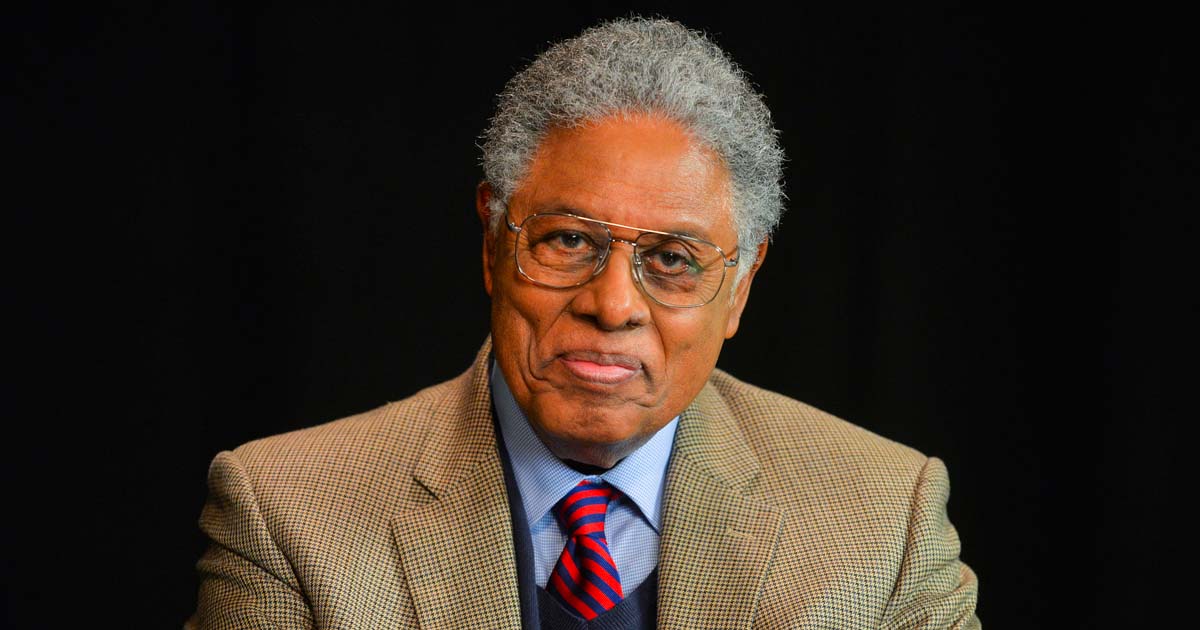Rediscovering a Masterpiece: Thomas Sowell's 'Basic Economics'
An impassioned review of Thomas Sowell's 'Basic Economics', highlighting its enduring relevance and clarity in modern economic discourse.

Thomas Sowell's "Basic Economics" is a straightforward and understandable book that will help you see how economics touch your life and impact your financial well-being.
First, know that the book, which was in its fifth edition at the time of writing, is nothing short of a sparkling gem, a lighthouse guiding the wayward ships of the uninitiated through the turbulent seas of economic theory. It is in contrast to the expanse of economic literature that is replete with jargon and convoluted theorems.
One need not be a devout capitalist nor a hardened skeptic to appreciate how Sowell unfolds the very fabric of economic thought. He peels back the layers of complexity, presenting the reader with an unvarnished view of how economies function, or, more pertinently, how they ought to.
| Author | Thomas Sowell |
| Title | Basic Economics: A Common Sense Guide to the Economy |
| Originally published | 2000 |
| Fifth edition | 2015 |
| Amazon | Buy Basic Economics on Amazon |
| Barnes & Noble | Buy Basic Economic on B&N |
"Basic Economics" is not a book bogged down by the semantics of supply curves or the intricacies of monetary policy. Instead, it is a rhapsody of the symphony of human endeavor, of how we trade, value, and progress.
Sowell's prose is a masterclass in clarity, dispensing with the oft-observed obfuscation that plagues so much of academic writing. He doesn't hide behind esoteric jargon. He confronts, head-on, the myriad misconceptions about economics, elucidating concepts with anecdotes and examples that are as entertaining as they are enlightening. One finds oneself not merely reading, but journeying through the annals of economic history and thought, captivated by the narrative.
Yet, it isn't merely the clarity of "Basic Economics" that enchants. It is its undying reverence for the power of the individual, the market, and the invisible hand, which, when left unhindered, orchestrates a dance of prosperity.
Sowell is no ideologue; he is a pragmatist. And while he certainly champions the free market, he does so with a critical eye, acknowledging its imperfections while firmly asserting its unparalleled capacity for fostering human progress.
It's worth noting that Sowell's detractors often paint him as a mere mouthpiece of conservative thought. Such dismissals are both myopic and intellectually lazy.
"Basic Economics" is not a manifesto for laissez-faire capitalism, nor is it an uncritical paean to the free market. It is, at its heart, a celebration of the human spirit, of our innate desire to trade, innovate, and prosper. It is a clarion call to recognize the inherent wisdom of millions of individual decisions over the heavy hand of bureaucratic diktat.
In an era where economic illiteracy is rampant and demagoguery often trumps reason, "Basic Economics" stands as a bastion of rational thought. It is a book that every citizen, every policymaker, and indeed, every human being with a vested interest in the future of our species should read. For in its pages lies not just the essence of economics, but the very blueprint of human progress.
